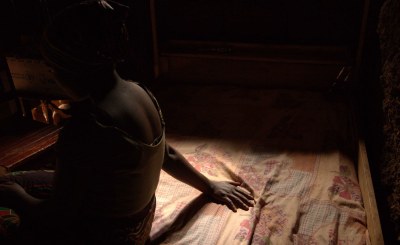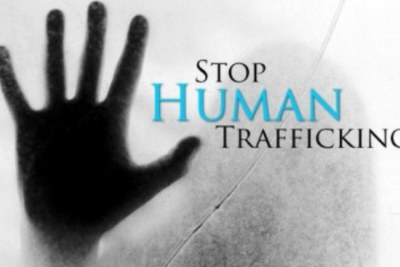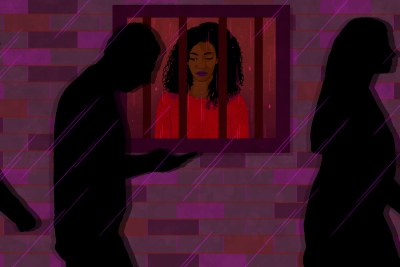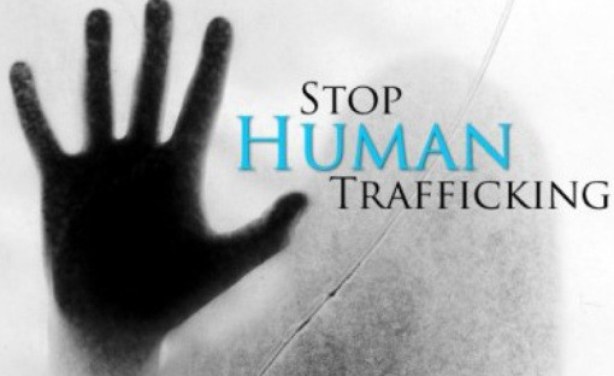-
Nigeria: Nigeria's Efforts to Help Victims of Trafficking Are Failing. We Found Out Why
The Conversation Africa, 25 August 2022
Most countries have anti-trafficking laws, policies and programmes to prevent human trafficking. There are also international treaties to address the problem. Yet it's still… Read more »
-
Nigeria: Fund Fight Against Human Trafficking - Health Expert Tells FG
Vanguard, 10 July 2022
A US based Nigerian medical Doctor, Dr Olalekan Ogungbemi, has asked Nigerian government to stop paying Lip service to the fight against human trafficking saying funding agencies… Read more »
-
Nigeria: The Ugly Truth About Nigeria's Child Trafficking
DW, 29 July 2022
Timipriye says her uncle's wife told her that they wanted to take her with them to Lagos, where she'd be taken care of and sent to university. Read more »
-
Nigeria: How I Escaped From Human Traffickers - 18-Year-Old Girl Narrates
Vanguard, 17 June 2022
An 18-year-old victim of suspected human trafficking, Favour Joseph, has narrated how she escaped from the hands of a lady who planned to take her to America via bus. Read more »
Why Nigeria's Efforts to Help End Trafficking Still Falls Short
Most countries have anti-trafficking laws, policies and programmes to prevent human trafficking. There are also international treaties to address the problem. Yet it's still thriving, writes Uwafiokun Idemudia for The Conversation.
Some countries offer rehabilitation and reintegration services to support survivors and promote their well-being. Nigeria, for example, has done so. It sees rehabilitation as essential to protect the human rights of survivors and to help them recover after trafficking. Empowering survivors is a process in which they cease to be victims and start taking control of their lives. Rehabilitation has become a core component of the Nigerian government's anti-trafficking policies. But only limited efforts have have been made to assess these programmes and whether they help survivors in Nigeria, Idemudia says.
Nigeria has a reputation as one of the major origin, transit and destination countries for human trafficking. The U.S. State Department's Office to Monitor and Combat Trafficking in Persons in 2017 placed the country on the "Tier 2 Watchlist" of trafficked people globally.
Recruiters are seldom caught. The 2021 Trafficking in Persons report for Nigeria, compiled by the US government, reported only 36 convictions for traffickers. The failure to hold traffickers to account means that the few survivors who manage to escape often still live in fear of violence, or fear of their families being harmed if their traffickers find them.
Human trafficking is the recruitment, transportation, harbouring and control of a person using force and other methods of coercion. The aim is to exploit them. It could be through prostitution or sexual exploitation, forced labour, forced marriage, indentured servitude, and the removal and sale of human organs.
InFocus
-
Three family members, two siblings and their mother, who forced a teenager into sex work in Russia, were given a rare prison sentence for human trafficking. Convicted traffickers ... Read more »
-
Thousands of Nigerian women are trafficked to the Middle East with false promises of a better life, but most end up being sexually exploited. The system is widely practiced in ... Read more »





